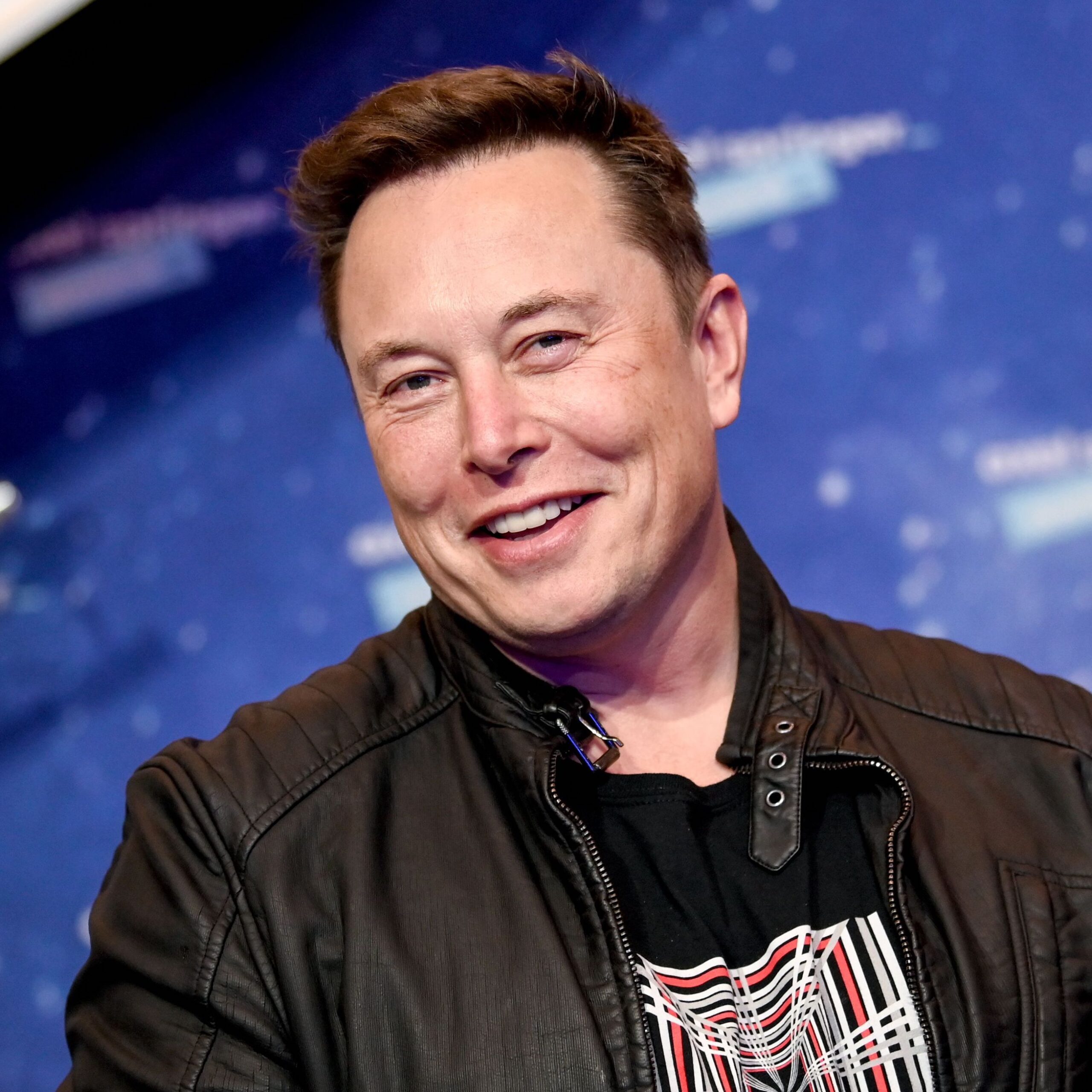Four former Twitter executives, including the ousted CEO Parag Agrawal, are locked in a legal battle with Elon Musk. The lawsuit, filed on Monday, alleges that Musk owes them over $128 million in severance pay following their termination in 2022 after his acquisition of the social media platform.
The crux of the case hinges on the terms outlined in the executives’ contracts. These contracts, according to the lawsuit, stipulated generous severance packages in the event of a change in control, which Musk’s takeover constitutes. However, Musk contends that the executives’ termination falls outside the purview of the severance clause due to accusations of “gross negligence” and “willful misconduct.”
Agrawal, along with the other three unnamed executives, have vehemently denied these accusations. Their lawyers claim that Musk’s justifications are a mere smokescreen to avoid honoring the financial obligations outlined in their contracts. This lawsuit adds another layer of complexity to Musk’s tumultuous takeover of Twitter, which has been fraught with controversy since its inception.
Related Article:AI for All vs. AI for Profit: Elon Musk Lawsuit Ignites Battle for the Future of Artificial Intelligence
A War of Words and Severance Pay
The lawsuit comes amidst a backdrop of public spats between Musk and the former Twitter leadership. In the months leading up to the acquisition, Agrawal and other executives publicly challenged Musk’s pronouncements about the company’s bot problem and his plans for the platform’s future. This friction intensified when Musk attempted to back out of the deal, citing concerns about the aforementioned issues.
The lawsuit portrays these disagreements as a standard part of any acquisition process and asserts that they do not constitute a breach of contract or misconduct. Conversely, Musk’s lawyers likely argue that the executives’ public pronouncements undermined the company’s value and could be construed as a form of sabotage.
The Legal Landscape and Potential Outcomes
The outcome of this lawsuit will likely hinge on the specific details outlined in the executives’ contracts and the interpretation of the severance clause. Courts generally tend to favor upholding the terms of such contracts. However, if Musk’s lawyers can successfully demonstrate that the executives engaged in actions that significantly harmed the company, they might be able to negate the severance obligations.
The legal battle could drag on for months, if not years. Even if the executives prevail, the financial burden on Musk could be significant. A $128 million payout would be a substantial sum, especially considering the ongoing financial challenges plaguing Twitter since the acquisition.
Repercussions for Twitter
This lawsuit has broader implications for Twitter and its future. A protracted legal battle could further damage the company’s reputation and employee morale. Additionally, the financial strain of a potential payout could limit Twitter’s resources for implementing Musk’s ambitious plans for the platform.
The lawsuit also reignites questions about Musk’s leadership style and his commitment to upholding established agreements. Investors and employees will be closely watching the case’s progress, as it could offer insights into the stability and direction of Twitter under Musk’s control.
Conclusion
The legal battle between Elon Musk and the former Twitter executives is a story with far-reaching consequences. The outcome could impact Twitter’s financial health, employee morale, and overall direction. This lawsuit serves as a stark reminder of the complexities involved in major acquisitions and the potential for conflict when long-established leadership teams clash with new ownership.



